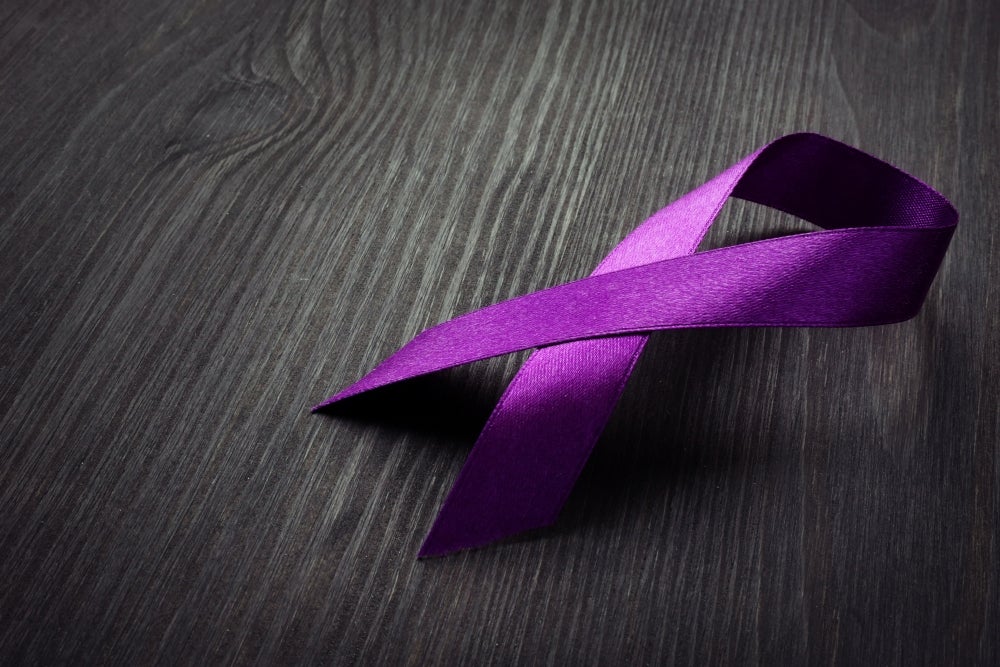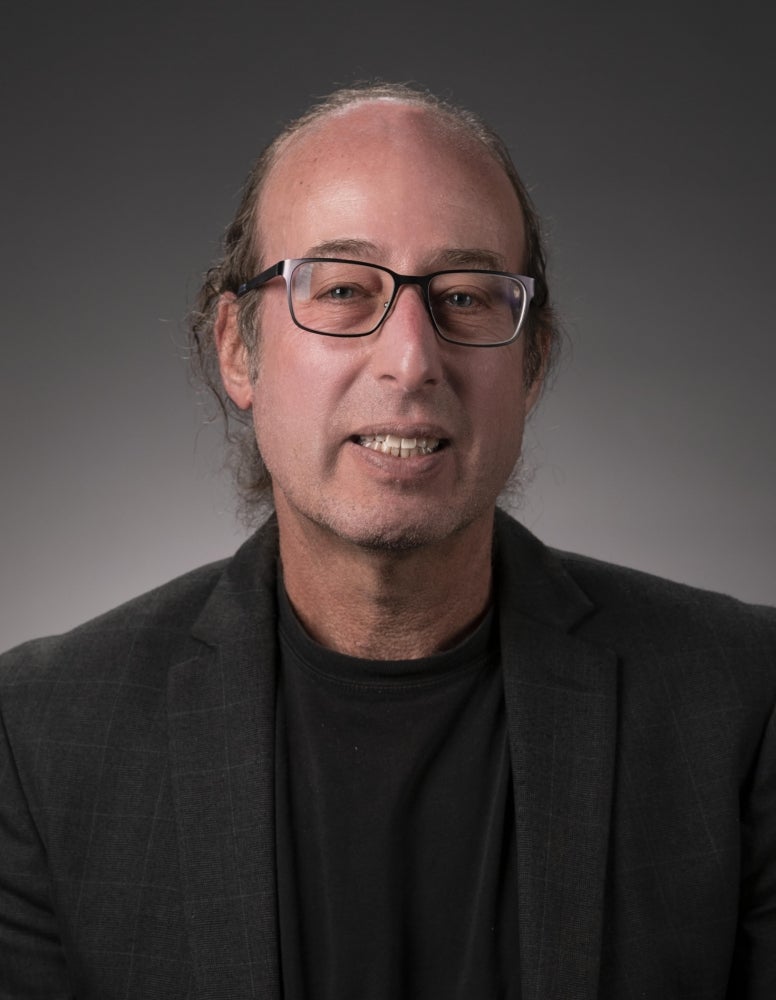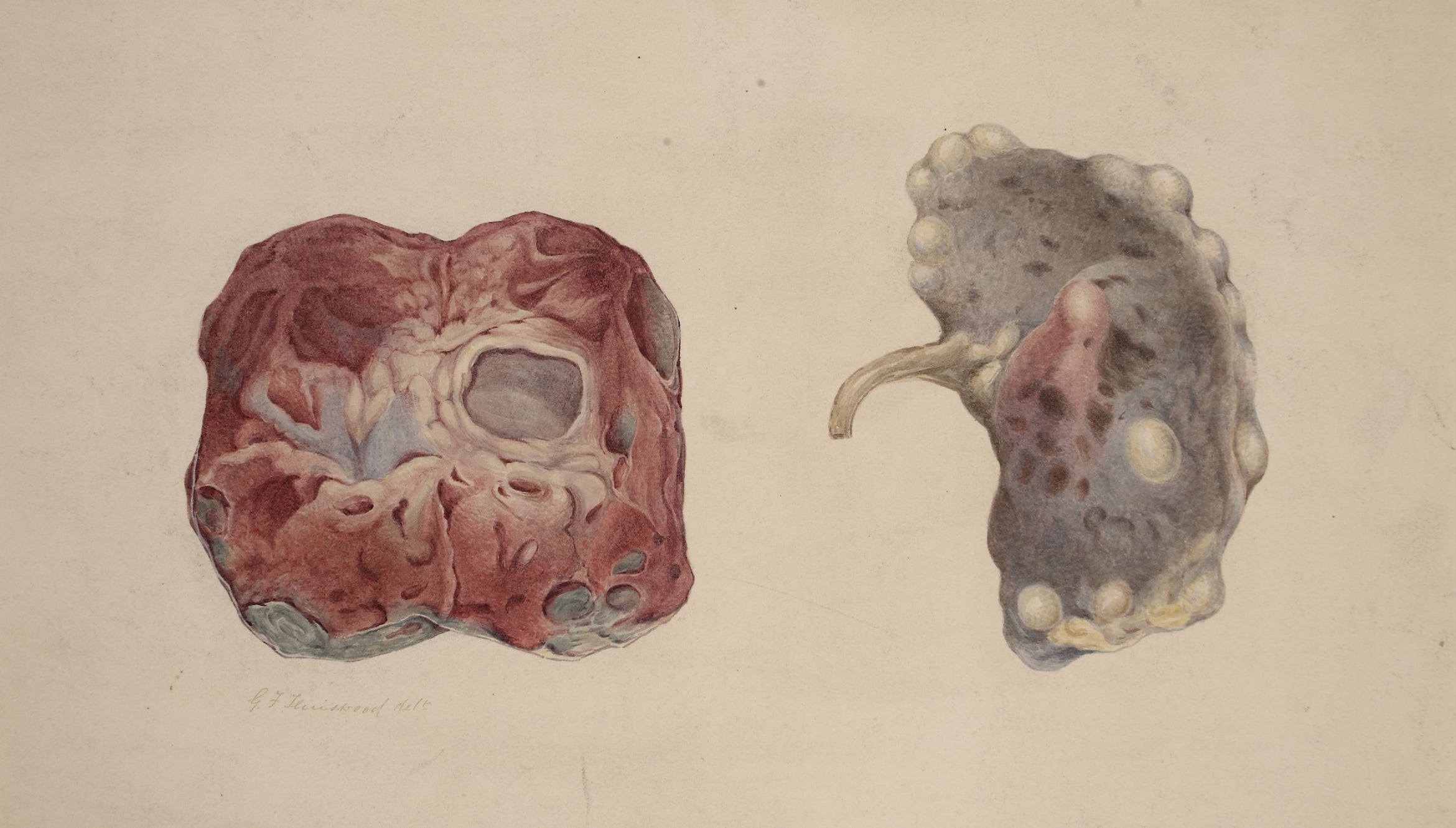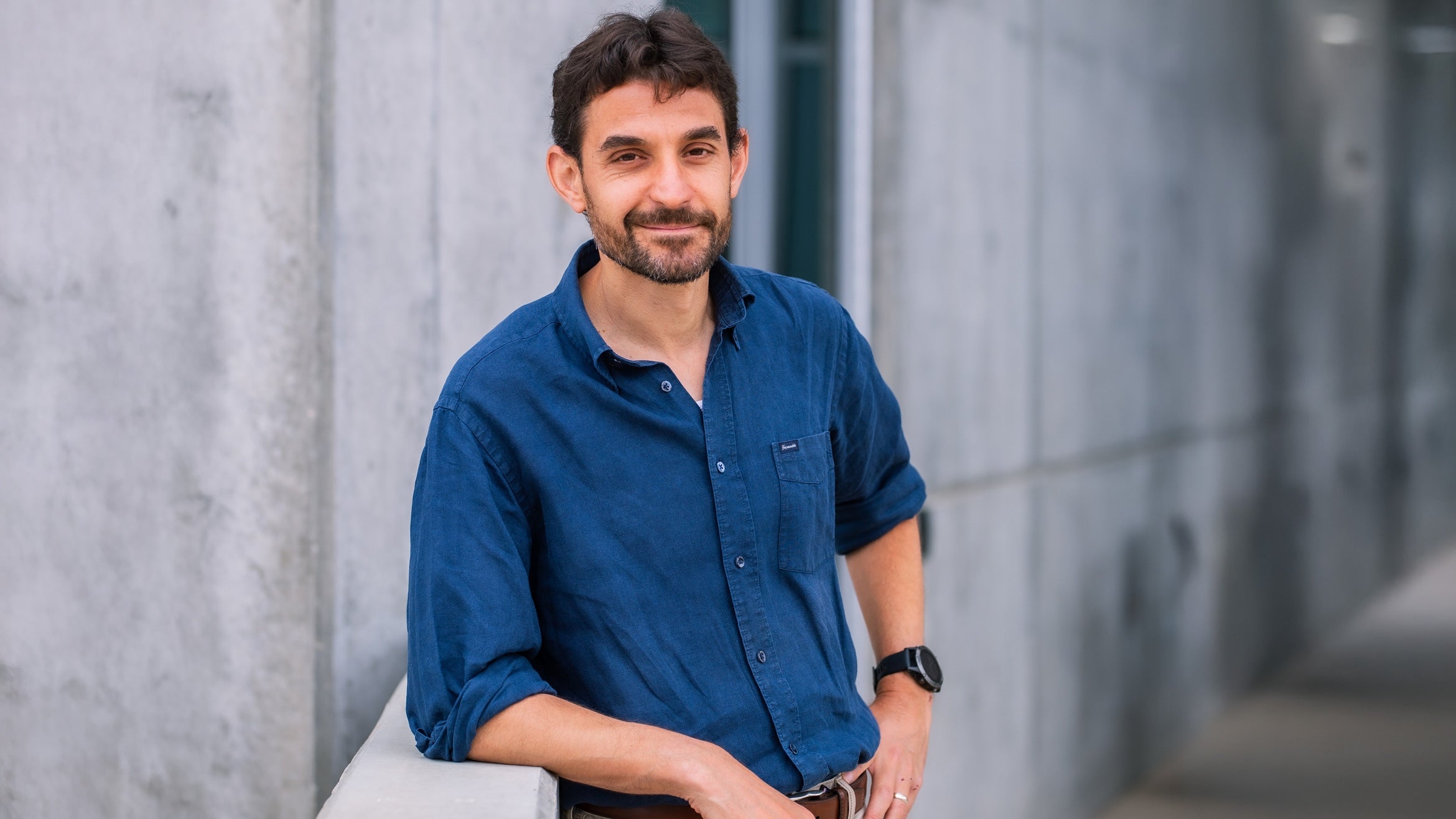
‘Diverse and Pioneering’ Research

When UC Santa Barbara neurology professor Kenneth S. Kosik was a newly minted graduate in 1972, with bachelor’s and master’s degrees in English literature from Case Western University, becoming one of the foremost authorities in the field of Alzheimer’s research was probably nowhere on his radar. But that would soon change.
“Even as an undergrad, I learned that what seemed impossibly remote suddenly arrives one day,” Kosik said. It was a lesson he gleaned from years of examining the human experience through the channel of literature.
One such “improbable” event occurred only a few years later, in 1976, when he earned a medical degree from the Medical College of Pennsylvania. Deciding to pursue medicine when he realized that the real world was a source of continuous inspiration, it was an early milestone in what would be a career studying the ultimate lens of human experience: the brain.
It’s a fascination Kosik has followed over decades, from work in research institutions and hospitals such as Harvard Medical School and Massachusetts General Hospital, to investigations in rural Colombia, as he tracks genes, patterns and proteins implicated in Alzheimer’s disease, an as yet incurable and devastating condition that affects nearly 50 million people in the world.
Now, in recognition of his “diverse and pioneering' contributions to Alzheimer’s research, Kosik has been named as a recipient of the 2021 Potamkin Prize, presented by Potamkin Philanthropies in partnership with the American Academy of Neurology and the American Brain Foundation. The award is often called the “Nobel Prize of Alzheimer’s research.” Kosik shares the prestigious honor with practicing neurologist Giovanna Mallucci of the University of Cambridge in the United Kingdom.
“I congratulate Ken Kosik on this immense honor,” said Pierre Wiltzius, dean of mathematical, life and physical sciences at UCSB. “His groundbreaking discoveries, which continue to shed light on the mysteries of the brain, have been essential to advancing our understanding of neurodegenerative diseases. This award only further cements his status as a true leader in his field.”
“There is no greater honor that can be bestowed than recognition from colleagues,” said Kosik, the Harriman Professor of Neuroscience. “I am particularly pleased that in the race to cure Alzheimer’s, this award recognizes the necessity of foundational neuroscience to solve the disease, as embodied in decades of research I have conducted through numerous invaluable collaborations.”
Central to Kosik’s Alzheimer’s research is the study of tau, a protein that is essential to the structure and proper function of neurons, and found in the brain plaques and neurofibrillary tangles that are characteristic of Alzheimer’s and other neurodegenerative diseases. His research team and collaborators have uncovered various mechanisms and agents implicated in the development of pathological tau, and tested several molecules with the potential for disrupting the process.
Along the way, they met, studied and collaborated with members of a large Colombian family that all share a genetic predisposition for an aggressive early-onset form of the disease, and who might provide clues to a cure. It’s a relationship that laid the groundwork for their latest unexpected milestone: a lone woman in this family of 6,000 who managed to escape that fate and live a full, normal life. She donated her brain to the collaboration upon her death.
“Kosik, a neurologist, is well known for his many contributions to neurodegenerative disease research and leadership in the field,” said the Potamkin Prize selection committee. “His career includes contributions to seminal biochemical discoveries such as the role of tau in neurofibrillary tangles as well as his current extraordinary work highlighting the efforts of the team in Colombia to characterize and learn from the PS1 kindred of patients — the largest genetically defined group of Alzheimer’s patients in the world.”
A member of UC Santa Barbara’s faculty since 2004, Kosik co-directs the campus’s Neuroscience Research Institute.
Kosik will receive the award April 21 at a virtual event hosted by the American Brain Foundation. Called “Commitment to Cures,” the virtual gala will be hosted by CNBC personality Jim Cramer and will honor several individuals for their work and advocacy for brain health.
The Potamkin Prize was established in 1988 to honor Luba Potamkin, wife of famed entrepreneur Victor Potamkin, who was diagnosed with the neurodegenerative Pick’s disease in 1978.



